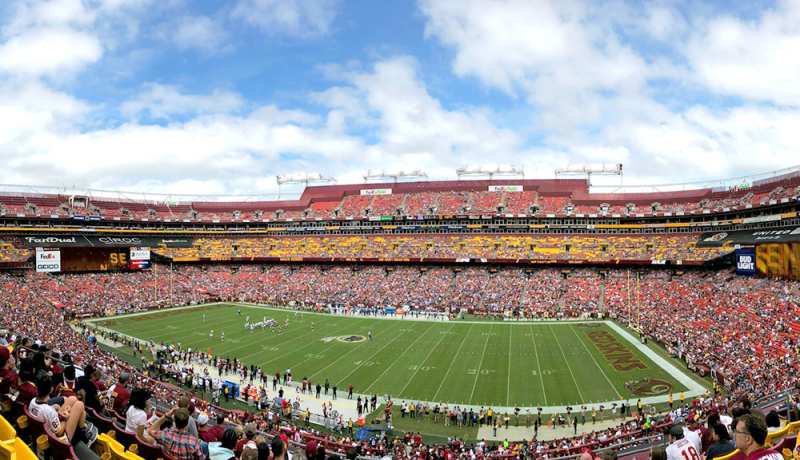
As football fans feverishly anticipate the Super Bowl, a different kind of game unfolds off the field: a clash of titans between the advocates of sports betting and the resolute opposition of many pastors. A recent study by Lifeway Research throws a spotlight on this stark divide, revealing that most Evangelical pastors across the U.S. view the practice as "morally wrong."
“Most pastors see moral hazards in sports betting and believe American society would be better off without it,” the study read.
A mere 13% of pastors support nationwide legalization of sports betting, while a staggering 55% consider it morally reprehensible. Digging deeper, we find ethical and religious concerns at the heart of their stance. Pastors cite Scripture's emphasis on responsible stewardship and the perils of addiction as key motivators for their unwavering disapproval.
“While the Bible does not explicitly say, ‘thou shall not gamble,’ biblical principles regarding work and wealth indicate that gambling is unwise. The Bible teaches that sin has a ripple effect that harms not only the participant but those around him. This seems particularly true for addictive behaviors, and gambling is no different,” said Miles Mullin, Ethics and Religious Liberty Commission vice president.
However, the landscape isn't entirely homogenous. Denominational differences emerge, with Evangelical pastors (62%) exhibiting a stronger opposition to gambling compared to their mainline counterparts (50%). Baptist (65%) and non-denominational pastors (63%) are more likely than those at Lutheran (42%) or Presbyterian/Reformed churches (46%) to agree it is wrong.
Additionally, the study unveils generational and racial nuances, with younger (20%) and Black (63%) pastors exhibiting a tad more openness to legalization compared to their older and white pastors (76%). Interestingly, regional variations also come into play, with pastors in the South (78%) and Midwest (75%) demonstrating greater resistance to legalization efforts compared to those in the West.
But the story goes beyond mere statistics. Prominent figures like Pastor Mark Creech sound the alarm, denouncing the deceptive allure of gambling. In his view, it masquerades as a form of idolatry, replacing trust in God with a relentless pursuit of wealth.
“What kind of religion takes more from its adherents than it gives? — a counterfeit religion — a devilish one — a misguided faith. Don’t be deceived. Gambling serves as an evil substitute for true religion,” Creech warned.
Dr. Richard Land, the former president of the Southern Baptist Convention's Ethics & Religious Liberty Commission, highlighted the adverse effects of gambling in a 2022 column for CP. He pointed out that gambling leads to issues like addiction and contributes to social problems such as divorce, alcoholism and financial distress. According to Land, gambling violates biblical commandments by encouraging covetousness and idolatry.
Additionally, he argued that it undermines the biblical role of government, which should promote good and punish evil rather than profit from gambling. Land emphasized that the corruption brought about by gambling permeates every aspect of society. He shared a specific incident involving a Southern Baptist Church that established a statewide lottery, leading to a divisive situation where the pastor resigned after the church accepted money from a deacon who won the lottery.
Land warned against continuing down this path, suggesting that making deals with the "gambling devil" could have regrettable consequences for both churches and governments.
The growing opposition from religious leaders has the potential to shape public discourse and even influence policy decisions. However, the future remains uncertain. With sports betting already legalized in many states and poised for further expansion, the tension between economic interests and moral concerns seems destined to continue its simmering ascent.



















